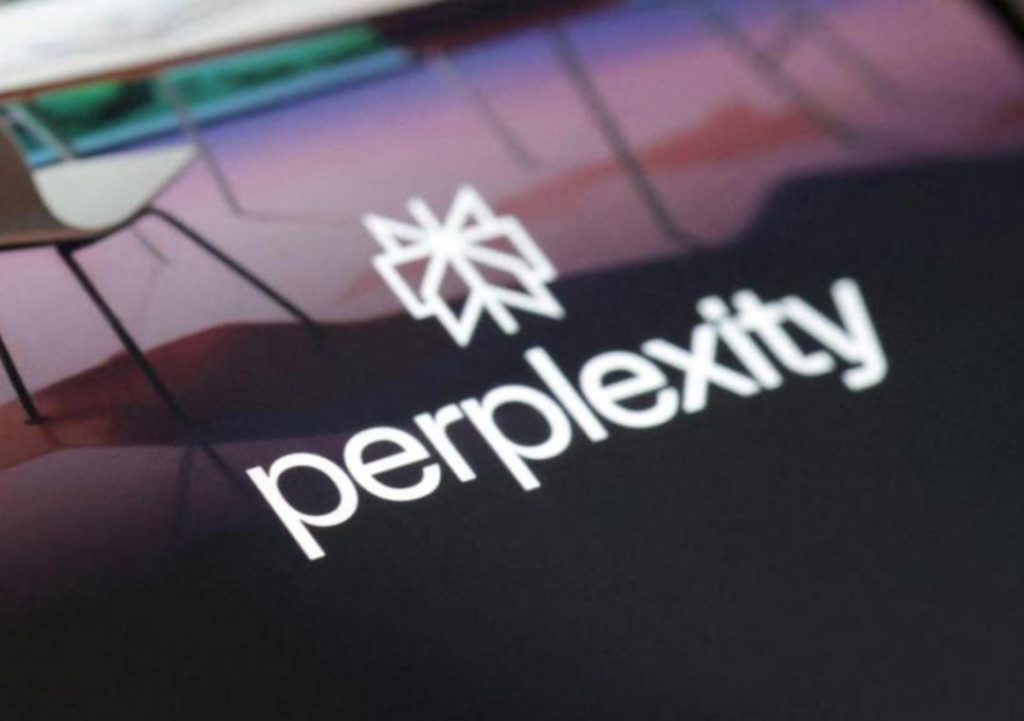
Perplexity Won’t Track User Behaviour for Ad Personalisation: CEO
In a recent turn of events, Perplexity AI CEO Aravind Srinivas has refuted claims that their independent browser, Comet, would track users’ behaviour for ad personalisation. This clarification comes after Srinivas earlier stated that Comet would collect users’ data even outside the app. However, in a recent interview, Srinivas clarified his earlier comments as “purely hypothetical” and aimed at future exploration.
The news has sparked a wave of interest in the tech industry, with many wondering what this means for user privacy and data collection. In this blog post, we’ll delve into the details of this controversy and explore the implications for ad personalisation and user behaviour.
Earlier this year, Srinivas announced the launch of Comet, an independent browser that aimed to provide users with a more seamless and private browsing experience. During the launch, Srinivas emphasized the browser’s focus on utility and user choice, stating that Comet would allow users to control their data and browsing habits. However, some reports suggested that Comet would collect users’ data even outside the app, sparking concerns about ad personalisation.
In a recent interview, Srinivas clarified his earlier comments, stating that the statements were “purely hypothetical” and aimed at exploring future possibilities. He emphasized that Perplexity AI’s focus is on creating a browser that prioritizes user choice and control over data collection. “Our focus is on creating a browser that allows users to choose how they want to use it, and Comet is designed to respect user privacy,” Srinivas said.
The controversy surrounding Comet’s data collection practices has sparked a heated debate about the role of technology in user privacy. With increasing concerns about data collection and ad personalisation, users are becoming more discerning about the apps and services they use. As a result, companies like Perplexity AI are under pressure to ensure that their products respect user privacy and provide transparent data collection practices.
The implications of this controversy are far-reaching, with many users wondering what this means for their browsing experience. On one hand, the clarification that Comet won’t track user behaviour for ad personalisation is a welcome development for users who value their privacy. On the other hand, the controversy raises questions about the potential for future data collection practices that may compromise user privacy.
The tech industry is no stranger to controversies surrounding data collection and user privacy. In recent years, companies like Facebook and Google have faced scrutiny for their data collection practices, sparking calls for greater transparency and accountability. As the industry continues to evolve, companies like Perplexity AI are under pressure to ensure that their products prioritize user privacy and choice.
In conclusion, the controversy surrounding Comet’s data collection practices has sparked a heated debate about the role of technology in user privacy. While Srinivas’ clarification that Comet won’t track user behaviour for ad personalisation is a welcome development, the controversy raises questions about the potential for future data collection practices that may compromise user privacy. As the industry continues to evolve, companies like Perplexity AI must prioritize user privacy and choice, ensuring that their products respect the rights and preferences of their users.






